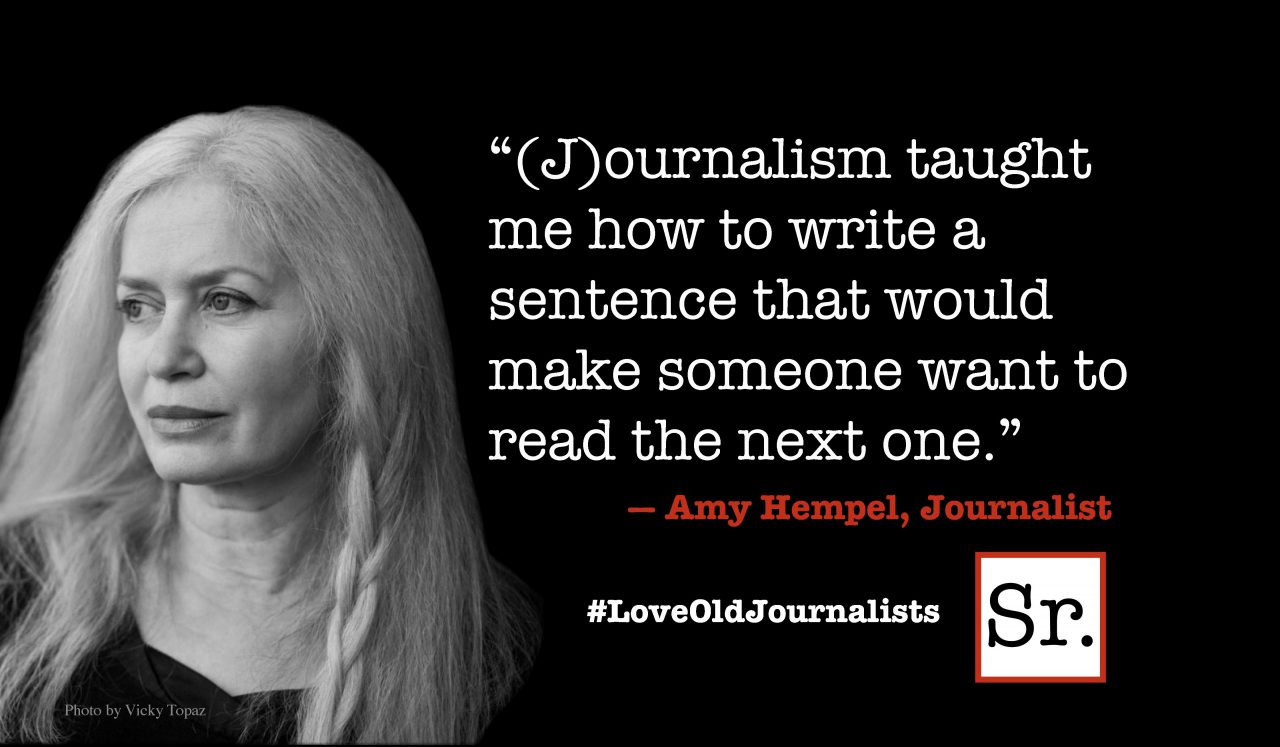Regular readers know I was a radio DJ for part of my career. While no longer a job choice that inspires any reaction at all, being a disc jockey on a rock and roll radio station in the 1960's and 70's was a fairly big deal. Your picture was on the weekly list of top 40 hits. You were asked to introduce Aerosmith or Rod Stewart or Jethro Tull in front of thousands at a concert. Supermarkets wanted you to cut the ribbon that marked the opening of a new store. People wanted your picture or autograph. Everyone wanted to know if you knew Casey Kasem of American Top 40 fame.
At some point you grow up and realize playing records isn't much of a life. Being hounded by 15 year old girls is no longer fun. Aging DJ's are not in high demand. But, for a time…
The knocking on the heavy, gray, wooden door was insistent even though it was well after hours, long after anyone should expect an answer at this address. Except for one rather forlorn street light a block away and a dim bulb by the outside entrance, this corner of the city was growing dark and deserted. Deserted, with the exception of whoever was knocking.
In a small room, with blaring music and soundproof glass, the resolute pounding would never be heard. The outside world didn’t exist. Here was equipment, small, scratched, vinyl records in organized stacks, a dangling microphone, walls covered with faded photos and posters of musicians, some important, some not. Every few minutes a switch was thrown and a voice spoke a few words heard by hundreds or maybe thousands of invisible ears. Only the non-stop blinking buttons on the battered, black, desk phone and the glow of various lights and switches assured the voice that what he was saying was not going unnoticed.
Eventually, the person in that isolated room was required to leave the private space and wander down a short hall to look at a few meters and dials. The people who owned all the equipment and the government bureaucrats who held the power of continued operation required such a trip. The transmitting equipment was temperamental and needed to be checked every hour. A few scans of the various measurements, a hastily scribbled signature on an official looking form, and it was time to stride quickly back to the private space before silence replaced the blare of the latest pop hit.
But, just at that moment, during those few seconds of the journey back down the corridor when the front entrance was only a few yards away and within hearing, the knocking began anew. The person stopped, judged how much longer the song on the turntable had to play, and headed toward the sound. Not thinking about any potential danger, the fact that he was totally alone in the building, or who might be asking for attention, he unlocked and swung open the door.
Before him stood a 12 or 13-year-old girl, all alone, wearing shorts, a blouse, and an expectant expression. She glanced quickly at the person who answered the door, and asked ‘Is Bobby Sherman here? Can I see him?” Wanting to laugh, but realizing the young woman was serious, the person gave her the response she probably expected. “I’m sorry but he’s busy on the air. Can I give him a message for you?” Muttering her first name and a song request for a piece of music that was played every 60 minutes anyway, she was assured “Bobby” would be told of her desire. She smiled, walked away satisfied, and the front door again locked out reality.
It was at that moment I began to truly understand the power of radio, the power of the voice behind the microphone and the ability of the medium to communicate and motivate. For you see, the person who answered the door was “The Real Bob Sherman,” my on-air name at a top 40 station in Syracuse New York in 1969. The Bobby Sherman the young listener wanted to meet was not me. He was the man who had released several hit records and was the star of his own television show, “Here Comes The Bride.” The fact that the same person was not likely to be the night DJ at a radio station in upstate New York never entered the youngster’s mind. Through the incredible power of radio to stimulate her imagination, it was completely logical and possible that her fantasy was inside that building.
As I closed the door and went back to the studio just in time to start the latest two minute hit single by the Grassroots, or Tommy Roe, it really hit me: I have the power to create a world for my listeners completely separate from reality. Any thought of ever changing career paths or finding a more stable industry was gone.
This is a glimpse into a world that no longer exists, but was tremendously exciting and fulfilling for a young man just finding his stride in life. Some 40 years later my satisfying retirement is in part based on that night and what it taught me.








